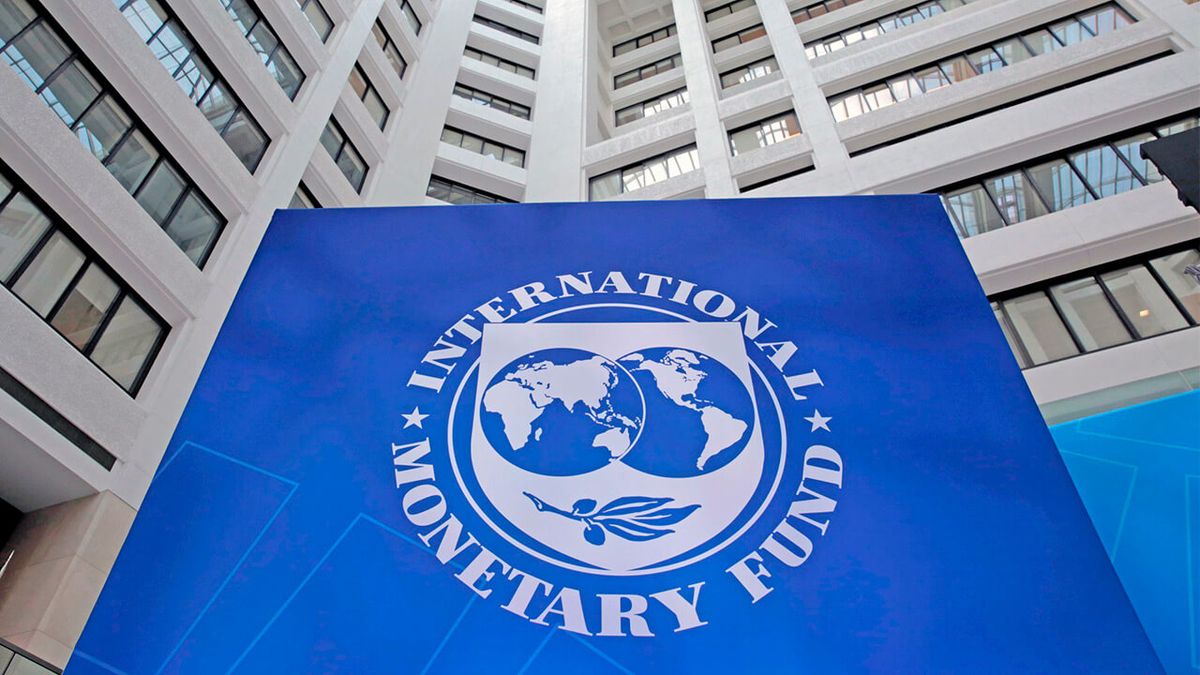Sri Lanka and Tunisia are two of the emerging markets that have dollar bonds issued by their governments that pay interest at least 1,000 points more than the reference rate of the US Treasury.
Both countries, impacted by the economic consequences of the Russian invasion in Ukraine, will be faced with a worsening of their financial situation since the US Federal Reserve (FED) as well as other central banks in the world, began to raise their interest rates with the aim of cushioning inflation which, in the case of the United States, reached a record in more than 40 years.
Yesterday, the IMF reduced its economic growth forecasts for 143 countries of the 190 that are members of the organization, due to the war and the consequent rise in uncertainty and inflation: a scenario that worsens in the countries They are net importers of food and fuel, commodities whose value has risen since the conflict began.
Sri Lanka, which declared default this week and is suffering its worst economic crisis since independence 50 years ago, plans to start negotiations with the IMF next week with the aim of receiving a bailout.
According to various estimates, the South Asian country will need some US$7 billion to pay off its debt this year, a goal that will be impossible with reserves totaling only US$1.9 billion at the end of March.
For its part, Egypt, one of the most indebted countries in the Middle East and food importer, stated last month its intention to extend the financing program it has with the agency.
The country had already entered into a US$12 billion program with the IMF in 2016, to which was added a US$5.2 billion stand-by agreement and another US$2.8 billion loan in 2020.
On the other hand, according to various analysts, although Tunisia will negotiate with the IMF, it is not planning a debt restructuring – which includes at least US$ 5,000 million in Eurobonds – with the other creditors.
The three countries would join Lebanon, which last week reached a preliminary agreement with the IMF for a $3 billion loan.
Said credit, which will be disbursed in a four-year program, will only be approved by the IMF executive board after Beirut carries out a series of measures, which includes the free floating of its exchange rate (the official rate is in 1,507 pounds per dollar, while on the illegal market it trades at 24,000) and the renegotiation of the debt with private creditors.
An agreement with the IMF would allow Lebanon to obtain foreign currency to be able to pay for imports of basic products such as fuel and medicine, in addition to unlocking access to credit from other organizations.
The country – which has been in default since March 2020 to preserve its decimated reserves – has a debt of US$ 30,000 million in Eurobonds, and has been in a deep inflationary and monetary crisis for more than two years.
Georgieva said yesterday that 60% of low-income countries are in or close to a situation of over-indebtedness, and some of them will need to enter into negotiations to restructure.
Source: Ambito
David William is a talented author who has made a name for himself in the world of writing. He is a professional author who writes on a wide range of topics, from general interest to opinion news. David is currently working as a writer at 24 hours worlds where he brings his unique perspective and in-depth research to his articles, making them both informative and engaging.




